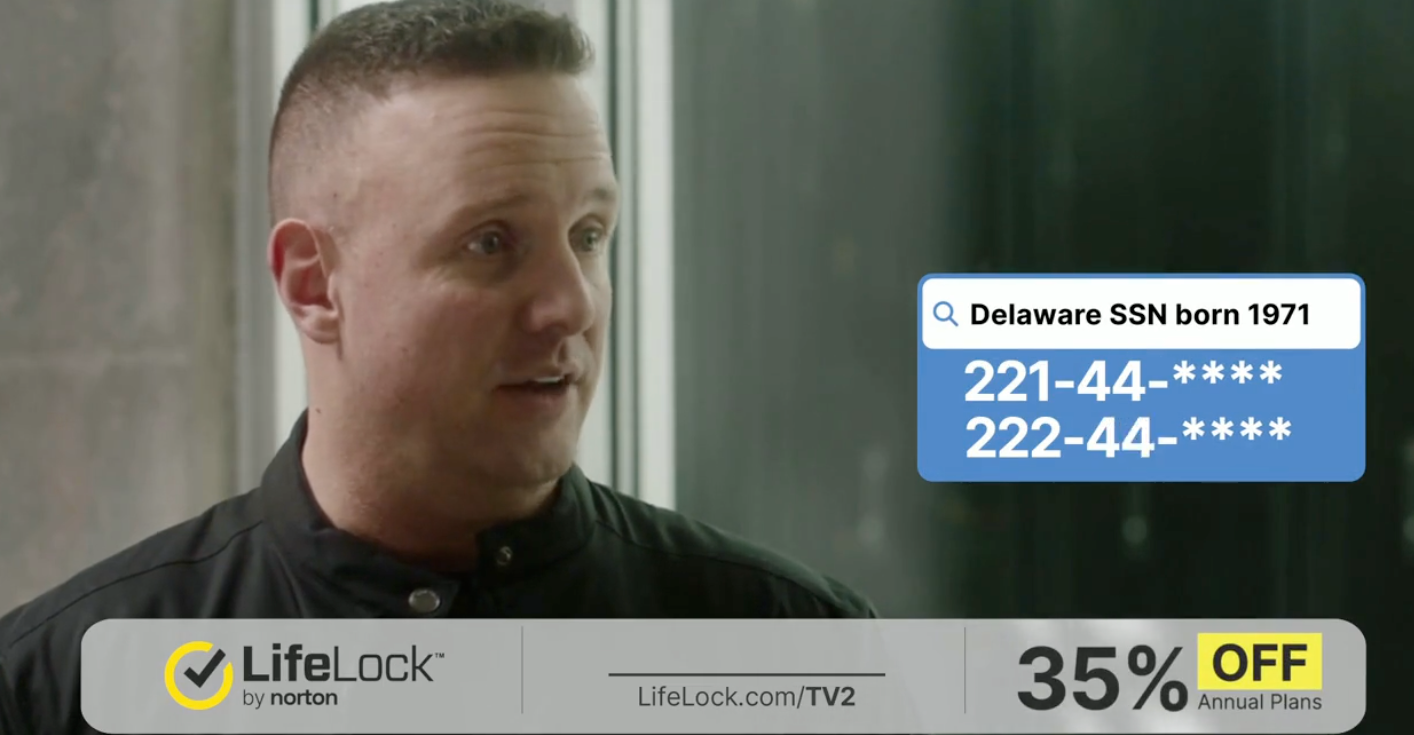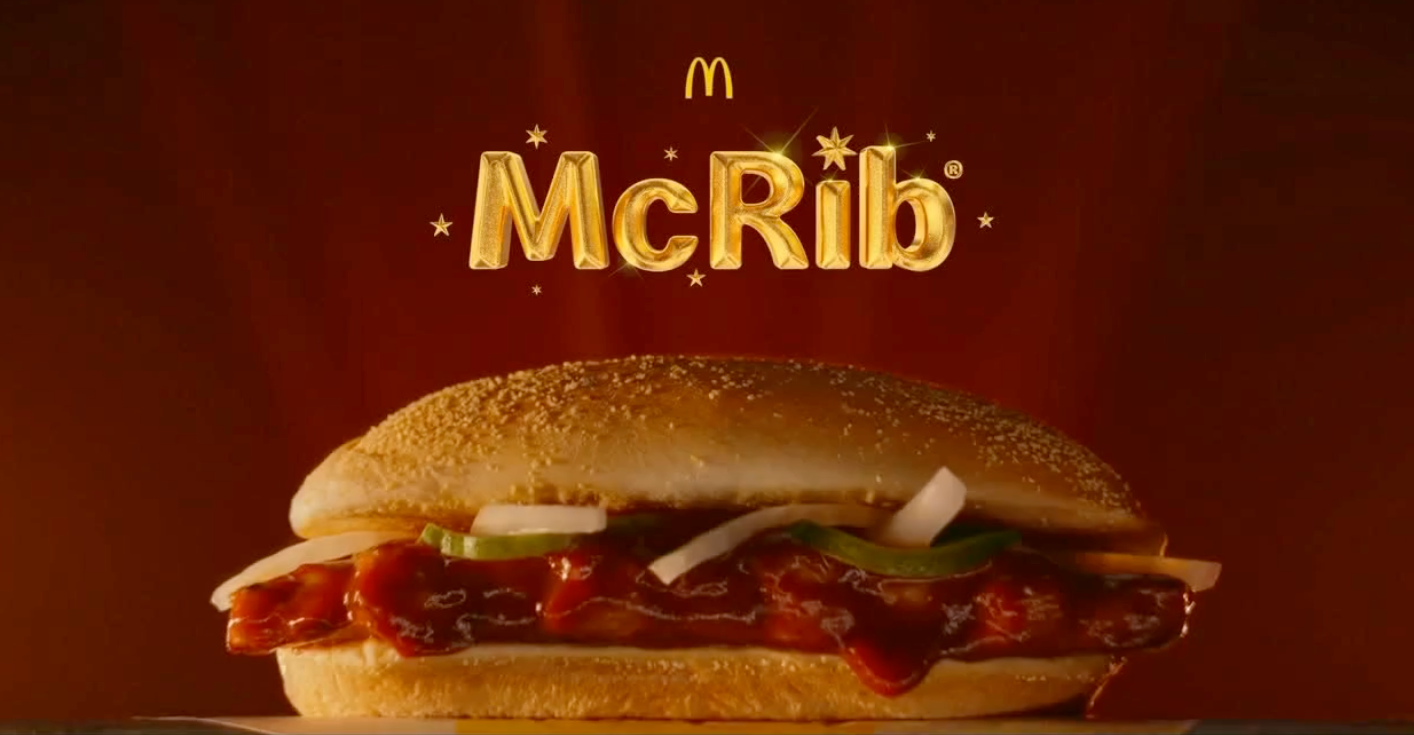
LifeLock’s Identity Theft Protection
Is your Social Security number as vulnerable as this company claims?
In November 2014, a New Jersey state judge preliminarily approved a settlement of a false advertising class-action lawsuit against Carter-Reed Company. Though the complaint, which was originally filed in 2004, is not currently available online, one source reports that plaintiffs alleged that the company falsely marketed its Relacore products, including Relacore, Relacore Extra, Relacore PM, and the Relacore System, as belly-fat reduction and weight-loss supplements that also reduce anxiety and improve mood without scientific evidence to support such claims. According to the settlement terms, class members who submit valid claims may receive a $14 refund for each bottle purchased (for a max of 2 bottles per household). In addition, the company agreed to stop making certain misleading representations (e.g., representing that people in Relacore ads are medical doctors when they’re actually not). A final fairness hearing is scheduled for April 2, 2015. (Lee et al v. Carter-Reed Company, LLC, et al, Case No. UNN-L-3969-04, Superior Court of New Jersey).
For more information about other class-action lawsuits regarding weight-loss supplements and TINA.org’s coverage of the product, click here.
Is your Social Security number as vulnerable as this company claims?
Lawsuit alleges the McRib is a McScam.
A closer look at what we’ll be monitoring in the new year.
The problem hasn’t gone away.
Why parents may need to be called in to this Roblox game rated 13+.



